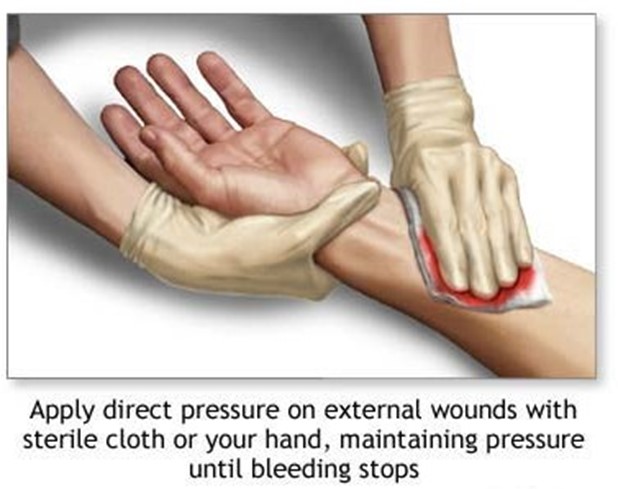A nurse administers subcutaneous NPH insulin at 0700 to a child who has diabetes.
At which of the following times should the nurse observe for hypoglycemia caused by the onset of the medication?
0715.
0800.
0900.
1000.
The Correct Answer is B
NPH insulin has an onset of action of about 1 to 2 hours, peaks in 4 to 12 hours, and lasts up to 24 hours. Given the administration at 0700, the onset of action would typically occur between 0800 and 0900. Hypoglycemia is most likely to occur during the onset or peak periods due to the insulin's glucose-lowering effect.
Among the options:
- A. 0715: Too early, as NPH insulin's onset is not within 15 minutes.
- B. 0800: Within the onset window (1 hour after administration), making it a plausible time to observe for hypoglycemia.
- C. 0900: Also within the onset window (2 hours after administration), another reasonable time to monitor.
- D. 1000: Slightly beyond the typical onset but still early in the action profile, where hypoglycemia could occur if glucose levels drop.
Since the question asks for the time to observe for hypoglycemia caused by the onset, the earliest time within the onset window is most appropriate. Thus, B. 0800 is the best answer, as it aligns with the start of NPH insulin’s onset period.
Final Answer: B. 0800
Nursing Test Bank
Naxlex Comprehensive Predictor Exams
Related Questions
Correct Answer is B
Explanation
“I understand your request to have only male staff members attend to your care.” This response acknowledges the client’s request and shows that the nurse is willing to listen to his concerns.
Choice A is not the correct answer because it can be perceived as confrontational and may make the client feel uncomfortable.
Choice C is not the correct answer because it dismisses the client’s request and may make him feel unheard.
Choice D is not the correct answer because it implies that the nurse will immediately comply with the client’s request without further discussion or consideration of other options.
Correct Answer is C
Explanation
This is the first step in controlling bleeding and preventing hematoma formation 1.
Applying direct pressure to the wound with a sterile gauze or a clean cloth can help stop the bleeding 2.

Choice A is not the best answer because a tourniquet should only be used as a last resort to control life-threatening bleeding from a limb 2.
Choice B is not the best answer because placing the client in a modified Trendelenburg position is not necessary for this situation.
Choice D is not the best answer because settling the client in a reclining position is not necessary for this situation.
Whether you are a student looking to ace your exams or a practicing nurse seeking to enhance your expertise , our nursing education contents will empower you with the confidence and competence to make a difference in the lives of patients and become a respected leader in the healthcare field.
Visit Naxlex, invest in your future and unlock endless possibilities with our unparalleled nursing education contents today
Report Wrong Answer on the Current Question
Do you disagree with the answer? If yes, what is your expected answer? Explain.
Kindly be descriptive with the issue you are facing.
